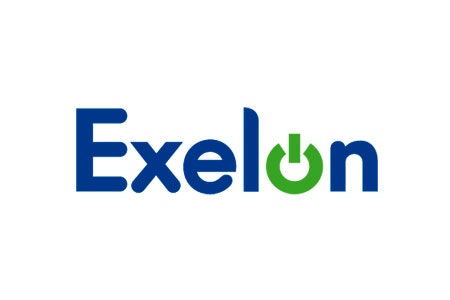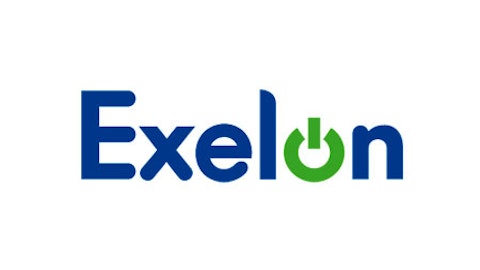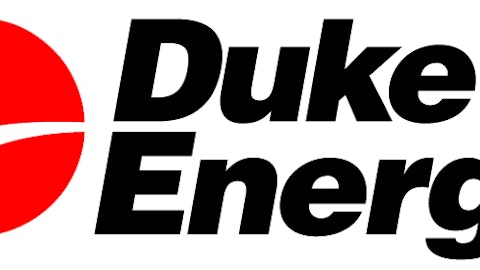By now it’s no secret that natural gas has displaced large amounts of coal in the nation’s power grid. The fuel is widely abundant and easily transportable, and it releases fewer emissions across the board than dinosaur rocks do. Switching production and capacity from one to the other is often a no-brainer for utility companies.
It may not be as obvious that cheap natural gas has also targeted the third largest source of electricity generation: nuclear. Since nuclear won’t be displaced, the effect won’t be as dramatic as that felt by coal. In fact, the Energy Information Administration expects nuclear to maintain a nearly 20% share of the country’s total electricity capacity for the next several decades.

Pricing pressure slashes dividend
Nuclear facilities, which aren’t affected by the direction of oil and gas prices, have little power in positioning their product to compete with cheaper natural gas. While uranium prices currently sit at multiyear lows of $44 per pound — well below the all-time highs of $143 per pound in 2007 — that’s still not enough to be competitive. Consider that the average uranium-to-natural gas price ratio was 0.21 in 2008, but it more than doubled to 0.51 in 2012.
This reality is becoming painfully obvious for Exelon Corporation (NYSE:EXC), which owes 54% of its capacity to nuclear plants. Shareholders were delighted to see 2012 earnings fall within the company’s guidance, but they face upcoming battles in 2013. Despite the “strong year of operational performance,” President and CEO Christopher Crane effectively conceded that the company’s dividend is unsustainable by announcing a sharp reduction in distributions. The new dividend will be $1.24 per share on an annualized basis, 41% lower than the previous $2.10 payout.
Don’t get me wrong. Cutting the dividend, which still yields 4%, is absolutely the right move to make. But it also highlights anticipated headwinds. Revenue soared 30% to $24.67 billion in 2012, but net income fell almost 16% compared with 2011. It marked the fourth consecutive year that profits have fallen at the energy company.
Industry roundup
Exelon is one of the nation’s largest energy providers, with nearly 35,000 megawatts of total annual capacity. The company easily outpaces its peers with 19,000 megawatts of nuclear capacity.
| Company | Nuclear Capacity (MW) | % of 2011 Total |
|---|---|---|
| Exelon Corporation (NYSE:EXC) | 19,000 | 54% |
| Duke Energy (NYSE:DUK) | 11,350 | 13% |
| NextEra Energy (NYSE:NEE) | 5,691 | 14% |
| NRG Energy (NYSE:NRG) | 1,175 | 3% |
Sources: Company annual reports
The company’s allocation of assets, with just 28% of total capacity consisting of natural gas, certainly seems to be dragging on income. There are no rules or guidelines for how to best distribute a massive energy portfolio, but Exelon’s is clearly best suited for a different market. A quick comparison with its peers demonstrates this fact, but it also highlights the growing importance of natural gas.
Natural gas powered almost 58% of NextEra’s portfolio in 2011, which grew the company’s adjusted EPS to $4.57 per share last year. While the company has strategic nuclear capacity, it is much more focused on growing its renewable assets and added a record 1,500 MW of wind capacity in 2012.



